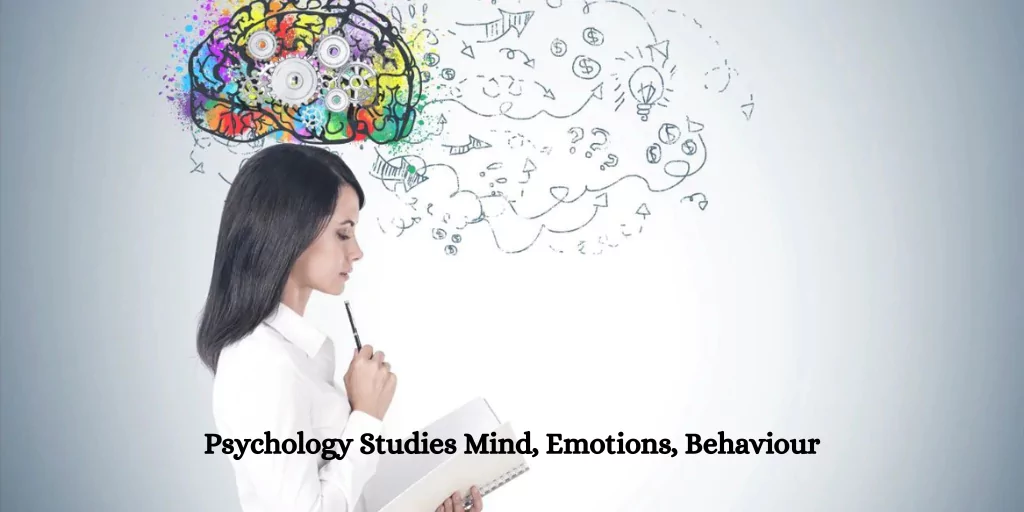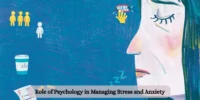Psychology is frequently misunderstood to be limited to the treatment of mental illnesses and the analysis of human behaviour. In reality, psychology is a vast scientific discipline that examines the human mind, emotions, and behaviour in all their manifestations. It aims to answer fundamental problems like, “Why do we think the way we do?” Why do emotions influence our actions? And how do people develop and change throughout their lives?
The Core Areas of Psychology Studies
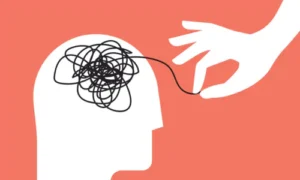
1. The Human Mind
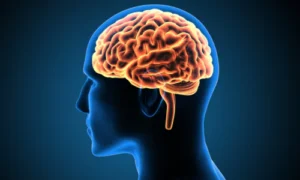
Psychologists investigate human cognition, memory, and learning. This comprises:
- Perception: the way we use our senses to comprehend the world
- Memory: the process by which data is saved and retrieved
- Problem-Solving: the techniques we employ to get beyond obstacles
- Making Decisions: The Elements That Affect Our Selections
2. Emotions and feelings
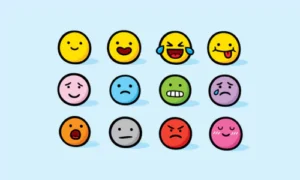
Emotions influence much of human experience. Psychological studies:
- Why do we feel happy, sad, afraid, or angry?
- How can stress and anxiety affect mental health?
- Emotional Regulation—How People Manage Their Feelings
- The significance of love, empathy, and compassion in relationships.
3. Human Behaviour
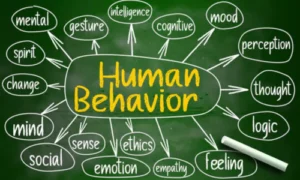
Psychology is fundamentally concerned with behaviour. Researchers analyse:
- Daily habits and routines.
- Motivation—what propels human behaviour
- Personality characteristics like introversion, extroversion, and openness.
- Group behaviour and how individuals behave in social situations
4. The Brain and Biology
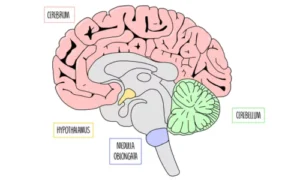
Psychology is intimately related to neuroscience. Studies include:
- How the brain and nervous system affect ideas and behaviour.
- How hormones and neurotransmitters affect emotions
- The biological basis for learning, memory, and mental problems
5. Development Across the Lifespan
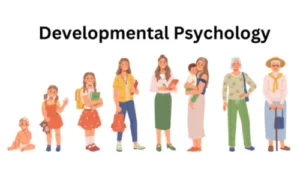
From childhood until old age, psychology investigates:
- Child development: language, intellect, and emotional growth
- Teenage years: identity, peer influence, and brain changes.
- Adulthood: professions, relationships, and stress management.
- Ageing: Memory loss, wisdom, and emotional stability.
6. Mental Health & Disorders
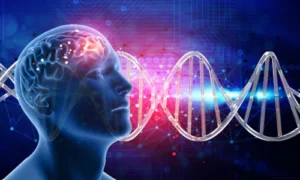
Understanding and treating mental disease is an important aspect of psychology.
- The causes of sadness, anxiety, and other disorders.
- How trauma affects mental well-being.
- Psychological therapies, such as CBT and talk therapy.
- Preventive techniques for building resilience
7. Applied Psychology in Real Life

Psychology is not limited to labs or treatment rooms; it is everywhere.
- Education: Improving Learning and Teaching Methods
- Workplaces: Improving productivity and employee well-being.
- Sports: Enhancing focus and athletic performance.
- Marketing: Understanding Consumer Choices and Advertising’s Impact
- Law: Criminal profiling and eyewitness credibility.
Why This Matters
Psychology helps us gain a deeper understanding of ourselves and others. Psychology offers practical methods for:
- Improve your mental health.
- Strengthen relationships.
- Improve learning and productivity.
- Create happier and healthier civilisations.
Conclusion
Psychology is the study of the mind and behaviour, but it is far more than that. It investigates ideas, emotions, behaviours, brain processes, development, and mental health throughout the human life cycle. Psychology not only explains why we behave the way we do, but it also teaches us how to live more meaningful, happy lives.


